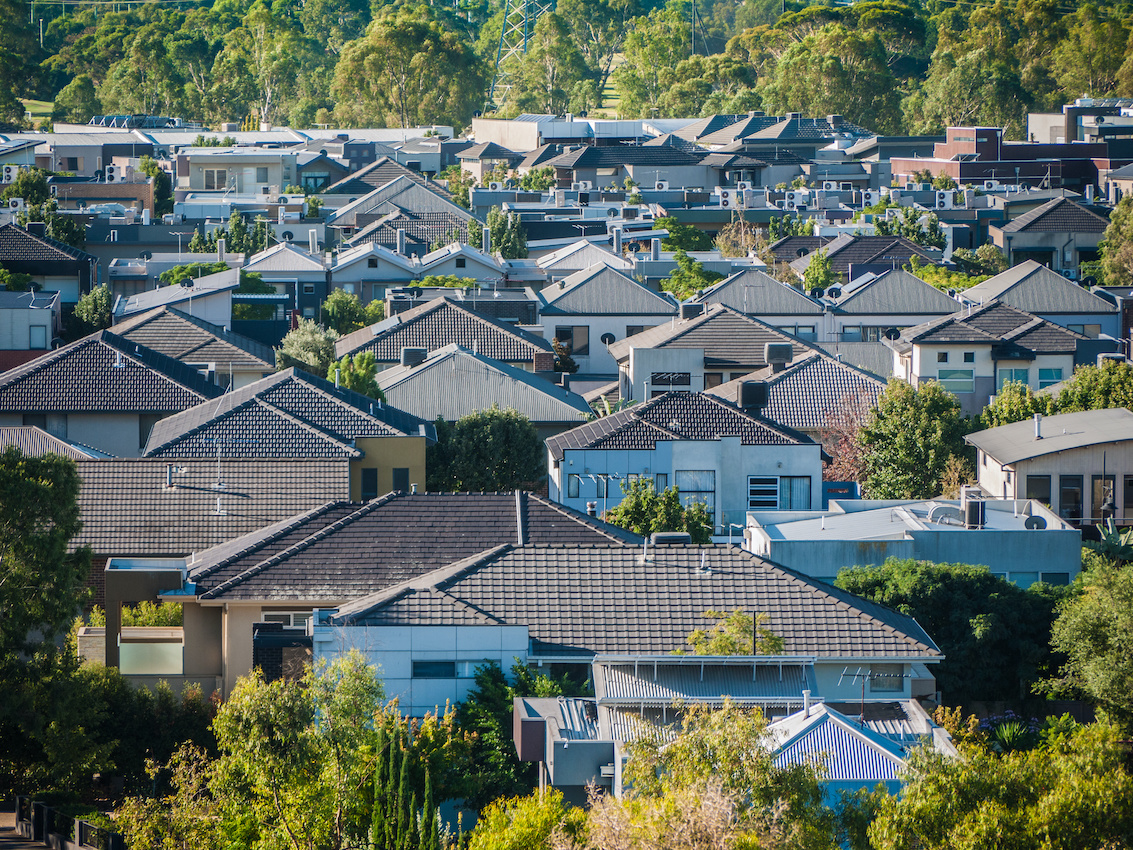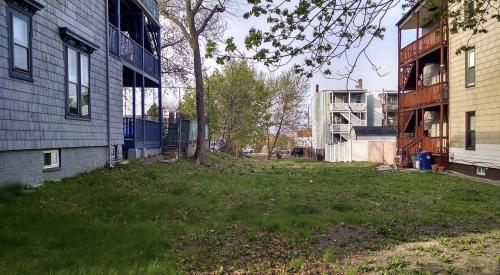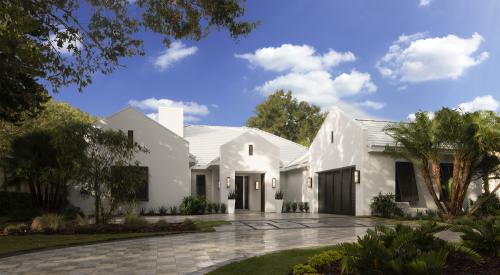As interest in suburban living grows, it begs the question: is this entirely a result of the pandemic, or has the pandemic accelerated already established trends? RCLCO Real Estate Advisors tried to find the answer, among insight into other pandemic trends, and says that the pandemic undoubtedly has impacted the housing market in the short and long term. But the high demand for housing now is a hastening of longer-term trends. A 2016 report from the Urban Land Institute found suburban growth to drive overall metropolitan growth for many years, in terms of both household and employment growth.
More recently the impact of housing preferences influenced by the coronavirus appears to have at least temporarily accelerated growth in the suburbs that was already being driven by historically low-interest rates and long-term demographic shifts.
For many home buyers the pandemic has created economic and lifestyle changes that have influenced people to make moves sooner than they otherwise may have:
- Working and learning remotely
- Not being able to capitalize on urban amenities due to partial or complete shutdowns, and the need for social distancing, have made living in urban areas temporarily less important for many people
- Having the home transformed from a place they spend some of their time, to a place they most of their time, with a greater need for home offices, homeschooling, home exercise, etc. has accelerated many households’ desires for more space or at least differently configured space.












